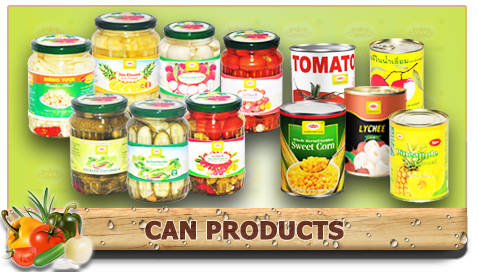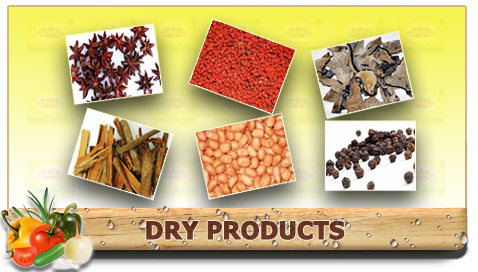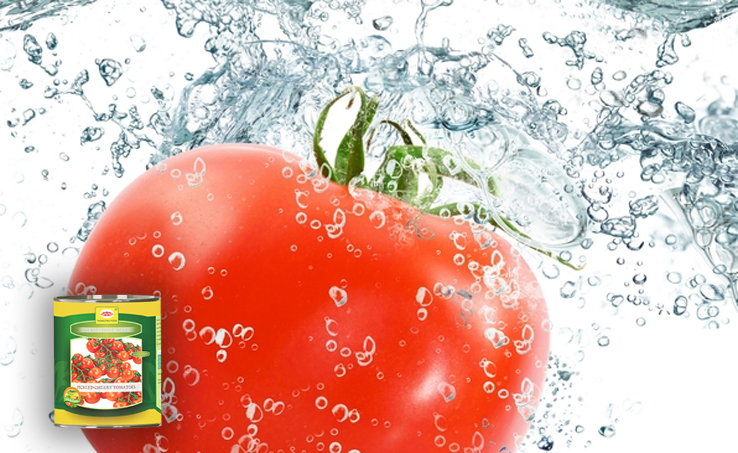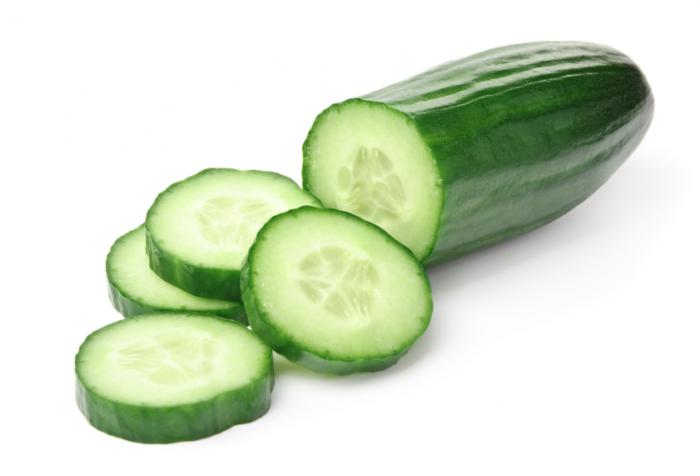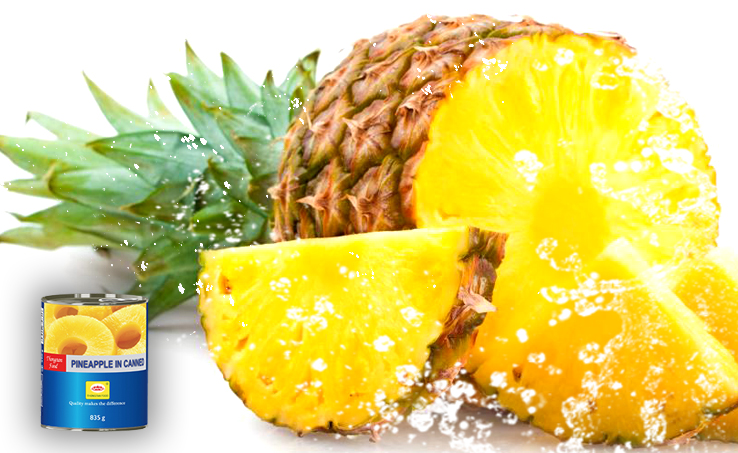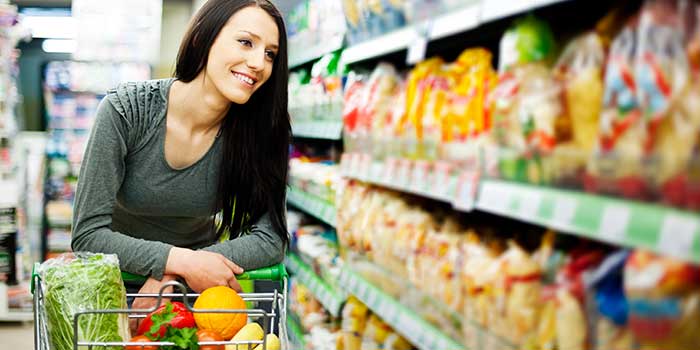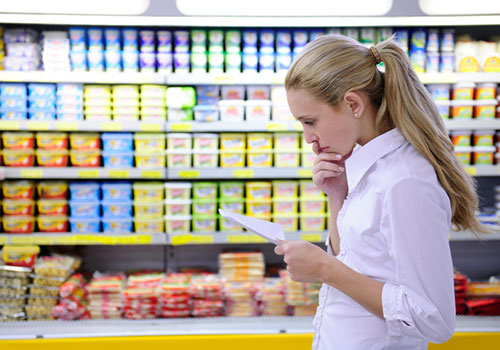 Most supermarket foods contain additives to preserve colour and extend shelf-life after processing. Clean eating encourages you to go back to whole foods that are unprocessed and minimally wrapped. While initially this can prove challenging, minimising the use of these foods as much as possible means you’ll be reducing your exposure to unnecessary chemicals. If you're temtpted to try and clean up your diet, you'll need to start with your weekly shop - here are some foods to check before you buy...
Most supermarket foods contain additives to preserve colour and extend shelf-life after processing. Clean eating encourages you to go back to whole foods that are unprocessed and minimally wrapped. While initially this can prove challenging, minimising the use of these foods as much as possible means you’ll be reducing your exposure to unnecessary chemicals. If you're temtpted to try and clean up your diet, you'll need to start with your weekly shop - here are some foods to check before you buy...
Smoked or processed meats / fish
Additives and preservatives are likely to have been used to prolong shelf-life and prevent discolouration. Opt for oak-smoked meats and fish from smaller producers instead.
Canned foods (including fish)
Cans are often lined with aluminium or a plastic membrane, which contains a chemical known as BPA (bisphenol-A). Canned foods that contain a liquid such as oil or tomato sauce, have a greater chance of chemicals leaching into the food. Buy fresh, frozen or dried foods where possible, but if you do rely on canned look for BPA-free cans and rinse well before use.
Fatty fish
Larger species, such as tuna, are more likely to carry mercury and/ or aluminium residues in their fatty tissues. This is because they are higher up the food chain, which increases their own risk of pollution. Limit your intake of larger species such as tuna and make the majority of your fatty fish intake the smaller species, which tend to be less polluted such as sardines, pilchards and anchovies, or opt for wild, sustainably-caught salmon or trout.
Processed vegetarian foods
These foods have often been heavily processed and may contain additives. This includes popular veggie alternatives such as quorn and soy meat replacements.
Seasonings
Many of those handy, prepared products, like pre-chopped garlic, are preserved with sulphur dioxide and may contain added sugar and salt. Instead, prepare fresh garlic, ginger or chilli and freeze in ice cubes for use when time is short, alternatively use dried chilli flakes or garlic granules. When buying flavourings, such as vanilla extract, check for added sugars and ethanol – the best option is to use the seeds scraped from a vanilla pod.
Ketchup / mayonnaise / salad cream / mustard / pickles
Many of these sauces and condiments contain added sugar, salt or other additives. They may also contain poor quality vegetable oil. It's better to make your own or use an alternative, for example swap ketchup for a fresh tomato salsa.
Dried fruit
Dried fruit may be sweetened with sugar or have preservatives such as sulphur dioxide – look for those sweetened naturally, for example with apple juice.
Margarines/ Spreadable butters
Many spreadable butters use colourings, additives and emulsifiers to stabilise them and improve their appearance. They are highly processed and carbon-intensive, and often use cheaper quality oils. Most spreadable margarines are made with chemically hardened vegetable oils, which may produce trans fats, a type of fat not recognised by the body.
Sweeteners
Many sugar alternatives like agave, stevia and commercially-produced honey are heavily processed. Instead, use fruit as a natural sweetener or buy unprocessed honey from a local beekeeper.
Carrageenan (E407)
This is a naturally occurring additive derived from seaweed. It’s a concentrated, processed extract that is used to thicken products like reduced-fat coconut milk and shop-bought nut milks. Although research is not conclusive, carrageenan has been linked to gut and digestive problems. Check labels and avoid where possible.




